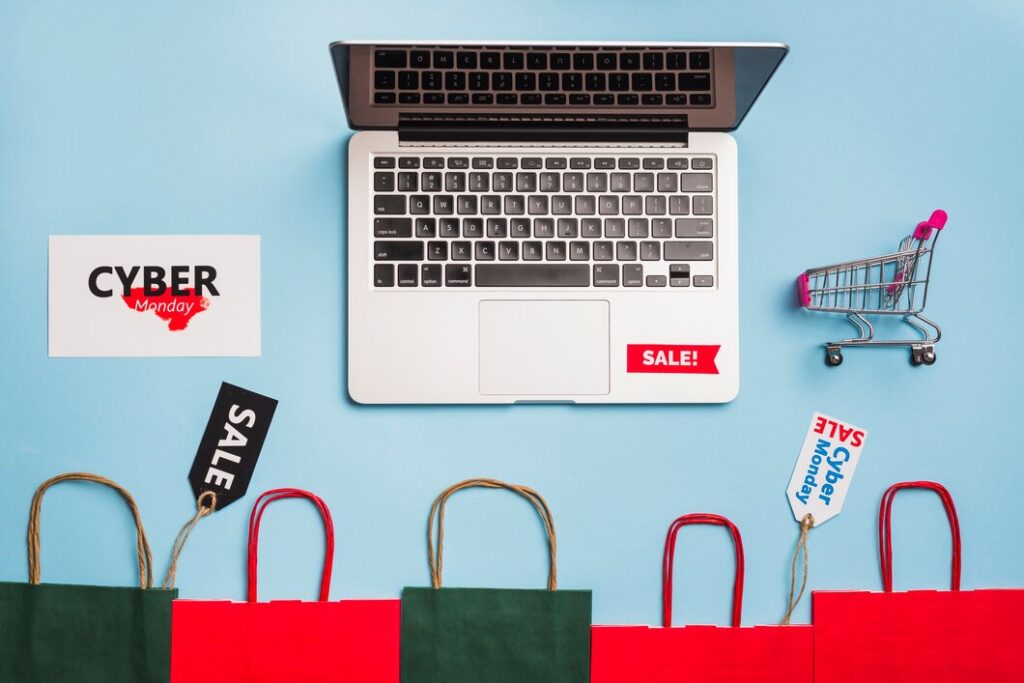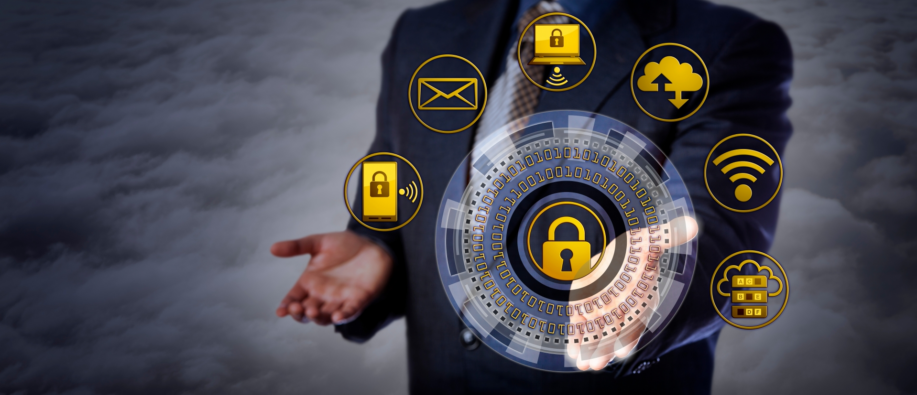The e-commerce industry is increasing, considering the demand for online shopping. According to Morgan Stanely, the eCommerce market has room for growth and is expected to increase from $3.3 trillion today to $5.4 trillion in 2026.
Nevertheless, security and privacy concerns have not declined. Hackers and bad actors consistently look for website vulnerabilities to exploit and gain access to users' data. When it comes to an E-commerce site, there's a high risk of losing confidential data, reputation, and downtime. So, you must get one step ahead with cybersecurity practices and mitigate further risks. In addition, some popular cybersecurity tools for eCommerce will safeguard your online store and focus more on boosting revenue.
This blog will list your online store's top 6 cybersecurity tools. Let's begin!
A Word About Ecommerce Security
eCommerce security protects your online store and transactions from cyber attackers trying to gain unauthorized access. A robust security foundation is all you need to build a best-in-class online store that drives results. Following are a few essential factors of eCommerce security that you must consider.
Integrity -
Make sure that no unauthorized entity has changed any information.
Authenticity -
Both buyers and sellers received the information sent from one another.
Privacy -
Safeguarding customer data from illegitimate parties.

Best Practices: Cybersecurity for E-commerce Online Store
As discussed, keeping your eCommerce store secure is essential; the tools below will guide you.
Get an SSL Certificate
An SSL certificate offers the highest level of security for your websites. It creates safe encryption between website visitors and the web browser. Plus, with an SSL certificate, the URL is secured with "HTTPS" instead of "HTTP." Furthermore, browsers display a padlock icon on the address bar, increasing customers' trust to shop in your online store.
Firewalls
A firewall is one of the most essential and fundamental shields every business needs. This is mainly true for the eCommerce industry, where the primary focus is increasing traffic. The firewalls offer the proper defense and closely check the incoming and outgoing traffic that might be dangerous, such as phishing attempts and malware.
Regular Site Updates
Updating your eCommerce store's software is vital to patch vulnerabilities and launch fixes. This prevents hackers from exploiting those flaws. Further, update and monitor your store's themes and plugins to save your time on routine maintenance.
Multi-Factor Authentication
MFA helps improve your eCommerce website's security by requiring multiple verification forms. It adds an extra layer of authentication, wherein the passcode is sent to email and phone numbers. This helps prevent unauthorized access, especially to customer accounts and financial transactions.
Use a CDN
A CDN is a network of distributed servers that routes users' requests to the location nearest to them. It is an ideal option for businesses with a global presence. eCommerce websites receive high traffic and handle multiple requests from locations. However, if your site takes ages to load, customers might leave. Having a reliable CDN such as Cloudflare is beneficial as it can help deliver content faster and lower the response times.
Train Your Employees
Cyber-attacks can happen at any time. Ensure your employees receive regular training sessions to educate them about cybersecurity risks, best practices, and how to detect or respond to shared threats like phishing. Organizations can also test their employees by sending fake emails to know how deceptive they can be to phishing.
Coming to the Final Lines
E-commerce industry is prone to cyberattacks such as social engineering attacks, phishing, DDOs, spam emails and more. Thus, implementing measures to protect your online store from all the malicious activities is vital to protect your customers and ultimately business.





